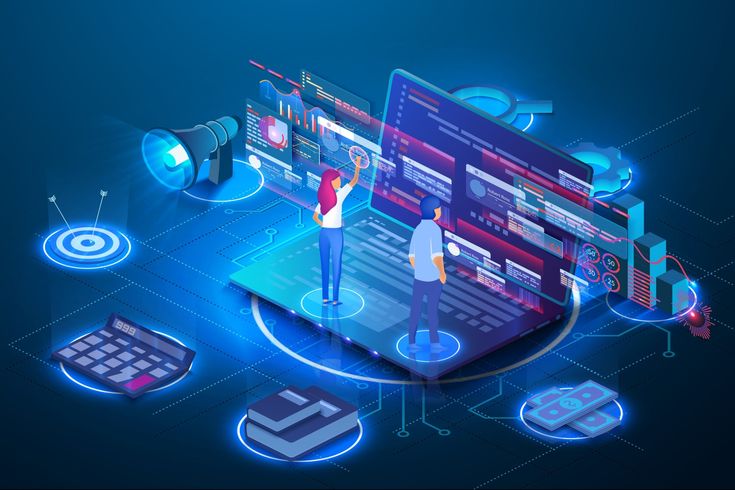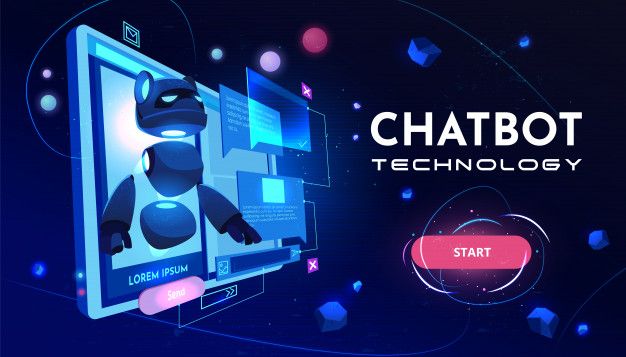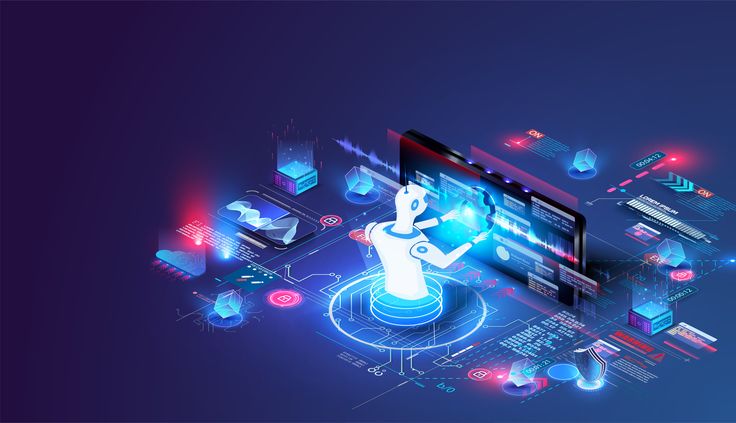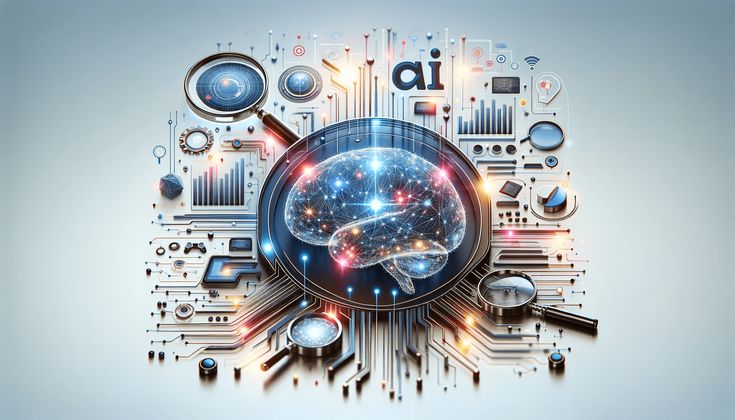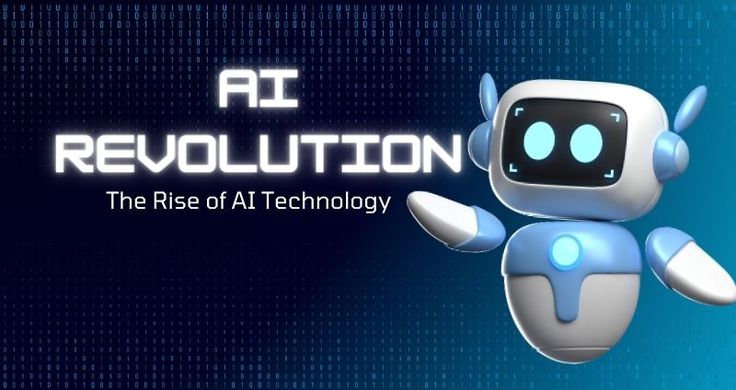AI-Powered Product Recommendations: Driving Sales and Conversions on Websites
Product recommendations play a crucial role in driving sales and conversions on e-commerce websites, offering users personalized suggestions that meet their needs and preferences. This blog explores the importance of AI integration in websites through AI-powered product recommendations, the benefits they offer, and how they drive engagement, satisfaction, and conversions by delivering relevant and personalized product suggestions to users. AI-powered product recommendation engines leverage machine learning algorithms to analyze user behavior, preferences, and interactions on e-commerce websites and deliver targeted and relevant product recommendations to users based on their individual needs and interests. By offering personalized product suggestions, websites can increase user engagement, time spent on site, and conversions, driving satisfaction and loyalty in the competitive e-commerce landscape. Moreover, AI-powered product recommendation engines enable websites to deliver recommendations across various touchpoints and channels, including product pages, category pages, search results, and shopping carts. By offering personalized product suggestions at every stage of the customer journey, websites can guide users through the purchase process, expose them to new and relevant products, and encourage exploration and discovery, driving higher engagement and conversions in the competitive e-commerce landscape. Furthermore, AI-powered product recommendation engines enable websites to optimize recommendations in real-time based on user interactions and feedback, continuously improving the relevance and effectiveness of recommendations over time. By analyzing user behavior and adjusting recommendation algorithms accordingly, websites can deliver more personalized and targeted product suggestions that meet the evolving needs and preferences of users in the digital age, driving higher engagement, satisfaction, and conversions in the competitive e-commerce landscape. Additionally, AI-powered product recommendation engines enable websites to increase cross-selling and upselling opportunities by suggesting complementary or higher-priced products to users based on their preferences and purchase history. By offering relevant product bundles, accessories, or upgrades, websites can increase average order value, drive incremental sales, and maximize revenue and profitability in the competitive e-commerce market. Overall, AI-powered product recommendation engines are essential for driving sales and conversions on e-commerce websites. By integrating AI-powered recommendation engines into their websites, businesses can deliver targeted and relevant product suggestions that meet the evolving needs and preferences of users, driving engagement, satisfaction, and conversions in the competitive e-commerce landscape.
AI-Powered Product Recommendations: Driving Sales and Conversions on Websites Read More »


